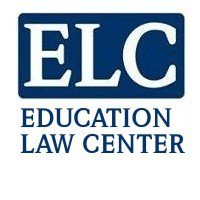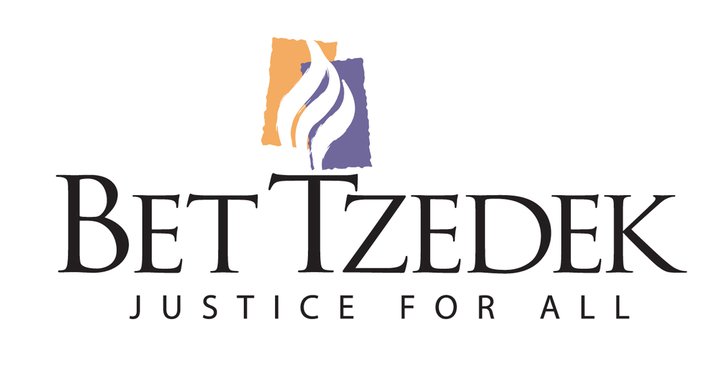Job o' the Day: Attorney at the Education Law Center in Newark, NJ!
The Education Law Center (ELC) is looking for an experienced attorney to work in New York City and New York State to enforce the specific education entitlements established in the landmark Campaign for Fiscal Equity case. The attorney will advocate for educational opportunities for the public schoolchildren of New York City and New York State, including the opportunity to obtain a “sound basic education” as guaranteed by the New York Constitution. The work will include litigation, public education, legislative advocacy and policy initiatives.
The attorney will have the support and work under the supervision of the main office in Newark. The attorney must be able to work in New York and be available to come to Newark to meet with ELC staff as needed.
Founded in 1973, ELC serves as the leading voice for New Jersey’s public school children and has become one of the most effective advocates for equal educational opportunity and education justice in the United States. Widely recognized for groundbreaking court rulings on behalf of public school students, ELC also promotes educational equity through coalition building, litigation support, policy development, communications, and action-focused research in the states and at the federal level.
To apply, see the listing at PSLawNet!
Permalink Comments off



